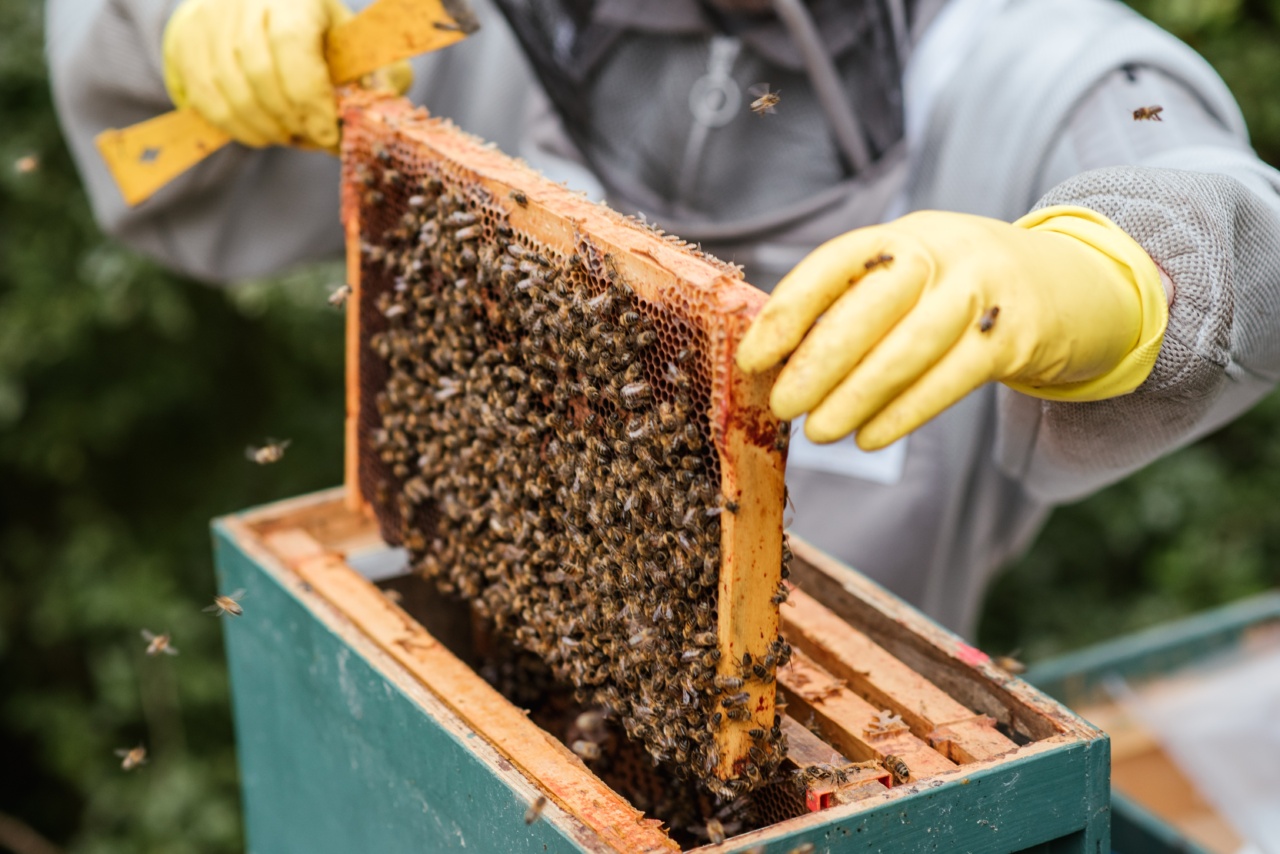Omega-3 fatty acids are a type of polyunsaturated fat that are essential for our bodies to function properly. They are found in certain types of fish, seafood, and plant-based sources such as flaxseed and walnuts.
Many studies have shown that a diet rich in omega-3 fats may have numerous health benefits, including reducing the risk of heart disease and improving brain function. However, the effects of omega-3 fats on food safety are not as well known. In this article, we will take a closer look at the potential effects of omega-3 fats on food safety.
The Basics of Food Safety
Food safety is the practice of ensuring that food is free from harmful contaminants and microorganisms that can cause foodborne illness.
In general, food safety practices aim to prevent the growth and spread of harmful bacteria, viruses, and other pathogens that can cause illness. This includes practices such as washing hands and surfaces, storing food properly, and cooking food to the appropriate temperature.
The Role of Omega-3 Fats in Food Safety
Omega-3 fats have been shown to have several potential effects on food safety.
For one, some studies suggest that omega-3 fats may have antimicrobial properties, meaning they may help to kill or inhibit the growth of harmful bacteria and other microorganisms in food. This could help to reduce the risk of foodborne illness caused by these pathogens.
However, other studies have suggested that omega-3 fats may actually enhance the growth of certain types of bacteria, particularly those associated with spoilage. Spoilage bacteria can cause food to go bad, resulting in off-flavors, odors, and textures.
While spoilage bacteria typically do not pose a health risk like pathogenic bacteria do, they can still impact the quality and safety of food.
Additionally, omega-3 fats can be susceptible to oxidation, or the breakdown of the fats caused by exposure to air, light, and heat. This can lead to rancidity, off-flavors, and the formation of potentially harmful compounds.
To prevent oxidation, it is important to store foods containing omega-3 fats properly and to avoid exposing them to high temperatures and sunlight.
Practical Tips for Ensuring Food Safety with Omega-3 Fats
To ensure food safety when consuming foods containing omega-3 fats, it is important to follow best practices for food safety. This includes:.
- All foods should be properly cleaned and sanitized before use.
- Properly store foods to minimize exposure to light and heat.
- Regularly check for signs of spoilage, such as off-flavors, textures, and odors.
- Cook fish and seafood to the appropriate temperature to ensure that harmful bacteria and other pathogens have been killed.
The Bottom Line
Omega-3 fats are an important part of a healthy diet, but their effects on food safety are not yet well understood.
While some studies suggest that omega-3 fats may have antimicrobial properties that can help reduce the risk of foodborne illness, other studies suggest that they may enhance the growth of spoilage bacteria. To ensure food safety when consuming foods containing omega-3 fats, it is important to follow best practices for food safety and to store and handle these foods properly.



























